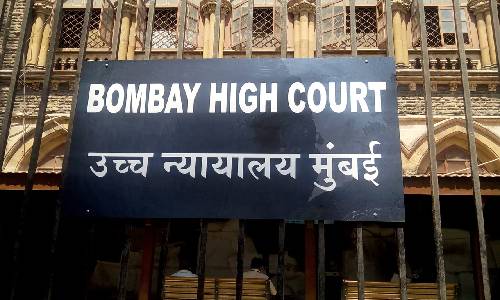
The Bombay High Court in M/s. Magnum Opus IT Consulting Private Limited versus M/s. Artcad Systems observed that since there is no provision under the MSMED Act to extend the mandate of the arbitrator or substitute the arbitrator, hence, if the provisions of Section 29A of the A&C Act are made inapplicable to the reference made under the MSMED Act, it would render the arbitral scheme under the MSMED Act otiose.
The case, in brief, is that the Petitioner is an enterprise registered under the MSMED Act and the Respondent had supplied certain goods to it for which the payment is still pending, as per the Respondent. Certain disputes arose regarding the said dues and it was taken up for arbitration by the Facilitation Council under Section 18 of the MSMED Act.
However, the Facilitation Council closed the matter since the petitioner failed to appear before the Council, and the respondent filed an application before the Bombay High Court to revive the arbitral proceedings. The Bombay High Court revived the arbitral proceedings and directed the Facilitation Council to decide the reference within a stipulated time period as prescribed by law.
The Respondent approached the District Court under Section 29A of the A&C Act before the District Court to substitute the Arbitrator since the Council had failed to conclude the arbitration within the stipulated time and there was no progress in the arbitral proceedings for a period of over three years. The District Court allowed the application and substituted the Arbitrator.
Hence, the petitioner moved the Bombay High Court for relief.
The question that arose for consideration before this Hon’ble Court is whether the District Court had jurisdiction to substitute the Arbitrator.
After hearing the exhaustive arguments from both the parties, the Court observed that it is to be noted that Section 29-A (6) confers powers on the ‘Court’ to substitute one or all of the Arbitrators while extending the mandate under sub-section 4. The term ‘Court’ is defined under section 2(e) of the Arbitration and Conciliation Act, 1996. A plain reading of which would make it clear that in arbitration proceedings other than international commercial arbitration, the Court would be the principal Civil Court of original jurisdiction in a District and includes the High Court in the exercise of its ordinary original civil jurisdiction, having jurisdiction to decide the questions forming the subject matter of the arbitration, if the same had been the subject matter of a suit.
The Court also reffered to Pasl Wind Solutions Pvt. Ltd. Vs Ge Power Conversion India, 2021 SCC Online SC 331 wherein it was held that “normally the definition given in the section should be applied and given effect to but this normal rule may, however, be departed from if there be something in the context to show that the definition should not be applied...”
The Court also observed that “..it is pertinent to note that pursuant to the order of the District Court, the Petitioner submitted to the jurisdiction of the Arbitrator without any objection. It was only on the subsequent hearing that the Petitioner questioned the jurisdiction of the Arbitrator to adjudicate the dispute. The challenge raised by the Petitioner was rejected by the Arbitrator. The Petitioner invoked the writ jurisdiction of this Court only after suffering adverse order to deposit the disputed amount, without disclosing the fact that he had raised the challenge to the jurisdiction and that the same was rejected by the Arbitrator. The conduct of the Petitioner precludes him from seeking relief in writ jurisdiction.”
It was further observed that the Petitioner has an effective alternative remedy under Section 34 of the Arbitration and Conciliation Act. The impugned order does not suffer from a lack of inherent jurisdiction. The Petitioner has also not shown any exceptional circumstances or bad faith on the part of the Respondent, which would justify interference in writ jurisdiction, ignoring the statutory dispensation.

